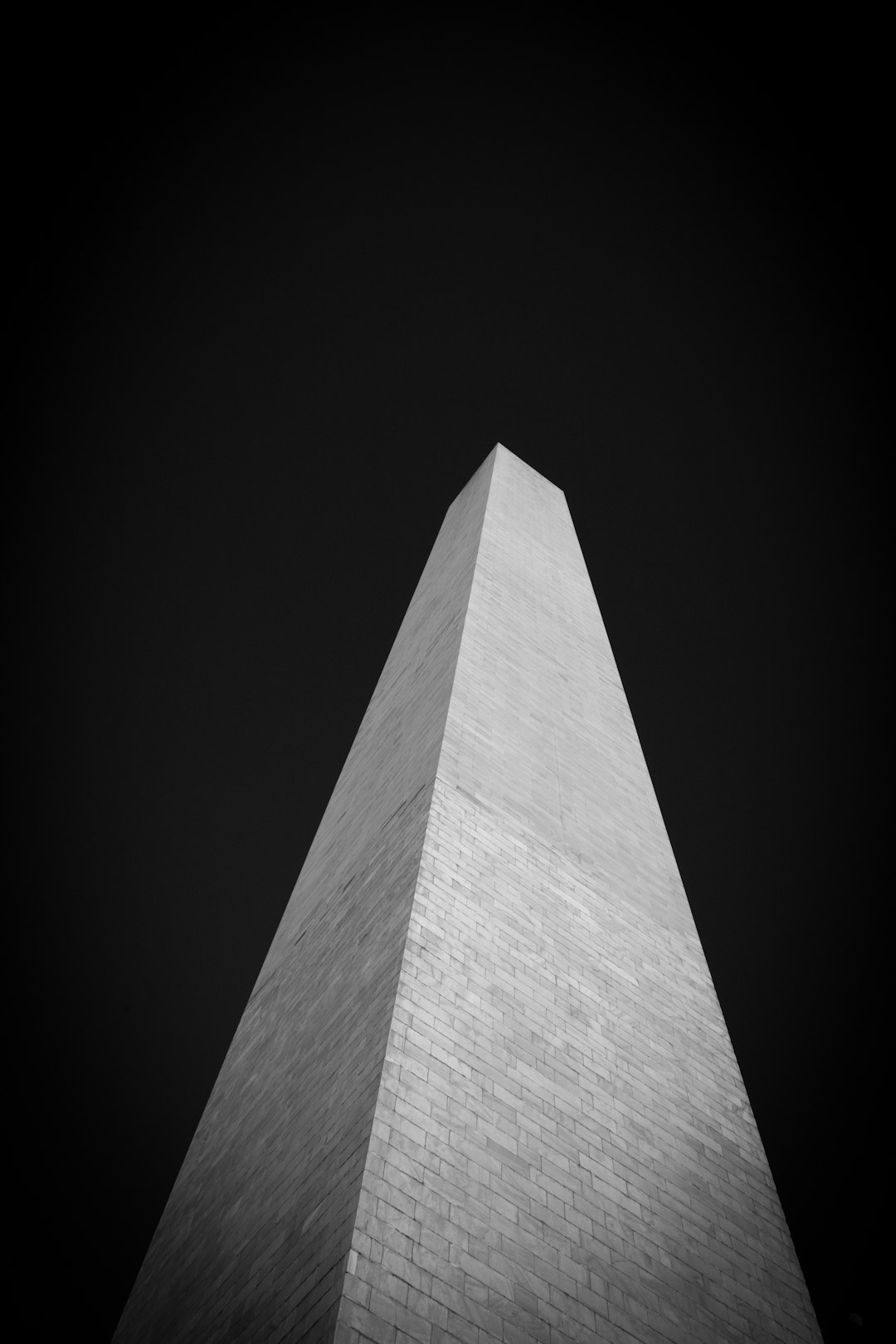Washington State's strict "Do Not Call" laws protect residents from unwanted text marketing, especially from law firms. Firms engaging in telemarketing must obtain prior written consent and maintain detailed records to comply with regulations, or face penalties, lawsuits, and reputational damage. Consumers can file complaints against violators, including spam texts, with the Washington Attorney General's Office or through private lawsuits. Blocking senders and reporting spam to the WUTC are effective countermeasures for residents.
In Washington State, the enforcement of spam text laws is a critical aspect of consumer protection. With the proliferation of unwanted texts, understanding the state’s strict Do Not Call laws is essential for both businesses and individuals. This article delves into the legal framework surrounding spam text enforcement, highlighting who is liable, the penalties involved, and crucial steps to take if targeted. For Washington residents, knowing your rights under the Do Not Call laws is a powerful tool, especially when dealing with law firms or other persistent callers.
Understanding Washington State's Do Not Call Laws

In Washington State, the Do Not Call laws are designed to protect residents from unsolicited phone marketing calls, including spam text messages. These regulations are particularly relevant for law firms and businesses engaging in telemarketing activities. The state’s Do Not Call list is a registered database of telephone numbers that have opted-out of receiving such promotional calls. Any call or text message sent to these numbers without explicit consent from the recipient can lead to legal repercussions.
Law firms in Washington that engage in spam text marketing risk facing penalties and lawsuits. To comply with the Do Not Call laws, businesses must obtain prior written consent from recipients before initiating any advertising calls or texts. This includes ensuring that customers have agreed to receive such communications and maintaining accurate records of this consent. Failure to adhere to these guidelines can result in fines and damage to the firm’s reputation, emphasizing the importance of understanding and respecting Washington State’s Do Not Call regulations.
The Legal Framework for Spam Text Enforcement

In Washington State, the enforcement of spam text messages is governed by a robust legal framework designed to protect consumers from unwanted and deceptive messaging. The state’s laws are particularly stringent when it comes to texts promoting legal services or urging recipients to “Do Not call law firms.” These regulations are primarily outlined in the Washington Administrative Code and the Washington Revised Code, which provide clear guidelines on what constitutes spam and the permissible uses of automated dialing systems.
The Washington Attorney General’s Office plays a pivotal role in enforcing these laws, investigating complaints from residents who have received spam texts. The office has the authority to take legal action against violators, including seeking damages for affected consumers. Additionally, the state’s laws allow individuals to file private lawsuits against spammers, providing an extra layer of protection for Washington residents and giving them a voice in holding accountable those who send unsolicited text messages.
Who is Liable for Violating the Law?

In Washington State, the enforcement of anti-spam laws, including those related to text messages, is designed to protect consumers from unsolicited and unwanted marketing practices. The primary liability falls on businesses and organizations that send spam texts. This includes companies engaging in direct marketing, telemarketing firms, and any entity sending promotional or advertising text messages without prior consent.
The “Do Not Call” laws specifically target those who violate the state’s regulations by initiating automated or prerecorded calls, including text messages, to numbers listed on the Do Not Call list. Individuals who receive such spam texts may file complaints with the Washington State Attorney General’s Office, which takes these matters seriously and can pursue legal action against violators, ensuring accountability for those who disregard the state’s consumer protection measures.
Penalties and Fines for Non-Compliance

In Washington State, non-compliance with anti-spam laws can result in severe penalties and fines for individuals or businesses engaging in unsolicited text messaging, particularly when targeting consumers with promotional content. The strict enforcement of these regulations is designed to protect residents from unwanted and deceptive marketing practices. Fines can vary significantly, typically starting at $100 per violation and increasing based on the number of recipients affected and the level of intentionality behind the violation.
For instance, a business that intentionally sends spam texts to a large number of Washington residents could face substantial monetary penalties, as well as legal action. The “Do Not Call” laws specifically prohibit automated or pre-recorded calls and text messages to individuals who have registered on the state’s Do Not Call list. Non-compliance can lead to not only financial repercussions but also damage to one’s reputation, especially for law firms that advertise through such methods.
Protecting Your Rights: What to Do If You're Targeted

If you’ve received spam text messages, especially from law firms or unknown sources claiming to represent them, it’s important to know your rights and take action to protect yourself. In Washington State, unsolicited text messages are regulated by the Washington Utilities and Transportation Commission (WUTC), which has implemented strict rules to prevent unwanted contact.
If you’re targeted by spam text messages, don’t engage or respond. Many of these messages are automated, and replying may only confirm your number as active, leading to more unwanted communication. Instead, consider blocking the sender if your phone allows it. You can also report the spam texts to WUTC, who take such complaints seriously. Remember, “Do Not Call” laws apply to text messages too, so any unsolicited legal communication from unknown sources should be treated with caution and reported accordingly.






